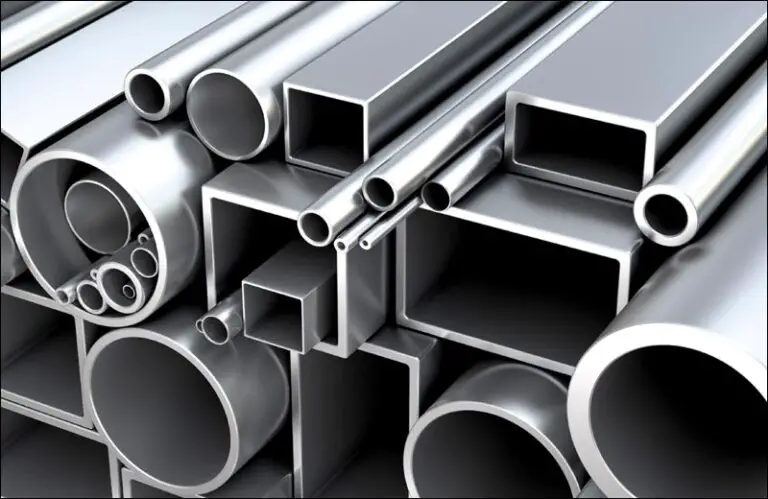Effect of Alloying Elements in Cast Iron
Besides carbon, cast iron contains sulphur and phosphorus as impurities from the process, alloying elements such as silicon and manganese, which significantly influence the properties of the cast iron.
Nickel, chromium-vanadium, copper are other metallic elements which are added in a varying amount to have specific properties.
Effect of Alloying Elements in Cast Iron
Effect of different alloying elements is described below.
Effect of Sulphur on Cast Iron
Suphur has an effect of stabilizing the cementite and preventing the formation of flake graphite. Thus, it hardens cast iron. Sulphur forms iron sulphide (Fe S), hence causes embrittlement. It is therefore kept below 0.1%
Effect of Phosphorous on Cast Iron
It is present as iron phosphide (Fe3 P) in the cast iron. This phosphide forms a eutectic with ferrite in grey cast iron.I., and cementite white cast iron since these eutectics melt at only 9500C. High phosphorus irons have great fluidity.
Cast iron having 1% phosphorus is thus suitable for the manufacture of thin section casting. Since phosphorus also causes embrittlement and hardness in cast iron, it must be kept low in castings where shock resistance and hydraulic soundness are required.
Effect of Silicon on Cast Iron
Silicon promotes the formation of flake graphite which softens the cast iron. Addition of different amount silicon to a cast iron. containing 3.0% carbon has the following effect, at a constant rate of cooling.
- Ferritic grey cast iron is produced with silicon up to 3.0%
- Ferritic/Pearlitic cast iron is produced with 2% silicon.
- Pearlitic cast iron is produced with 1.5% silicon.
- White cast iron is produced with silicon between 0.8 to 1.2%
- Addition of excess silicon leads to increased hardness and brittleness.
Effect of Manganese on Cast Iron
Manganese combines with residual sulphur and forms manganese sulphide (MnS) which is insoluble in molten iron. Manganese sulphide floats to the top of the melt and is removed along with the slag. Thus by removing the sulphur, manganese softens the cast iron and also eliminates the source of embrittlement.
Excess manganese stabilizes the cementite and hardens the iron. However, it does not cause any embrittlement. Manganese also promotes grain refinement and increase the strength of cast iron. It is usually kept below 1.0%.
Effect of Nickel on Cast Iron
Nickel is used for grain refinement. It promotes the formation of free graphite. Thus, it gives toughness to the casting.
Effect of Chromium on Cast Iron
Chromium stabilizes the carbides present and increases the hardness and wear resistance of the casting.
Effect of Vanadium on Cast Iron
Vanadium stabilizes the carbides and minimizes their tendency to decompose at high temperatures. Hence, it is used in heat resisting castings.
Effect of Copper on Cast Iron
Copper is used in a very small quantity as it is slightly soluble in cast iron. It reduces the effect of atmospheric corrosion.
